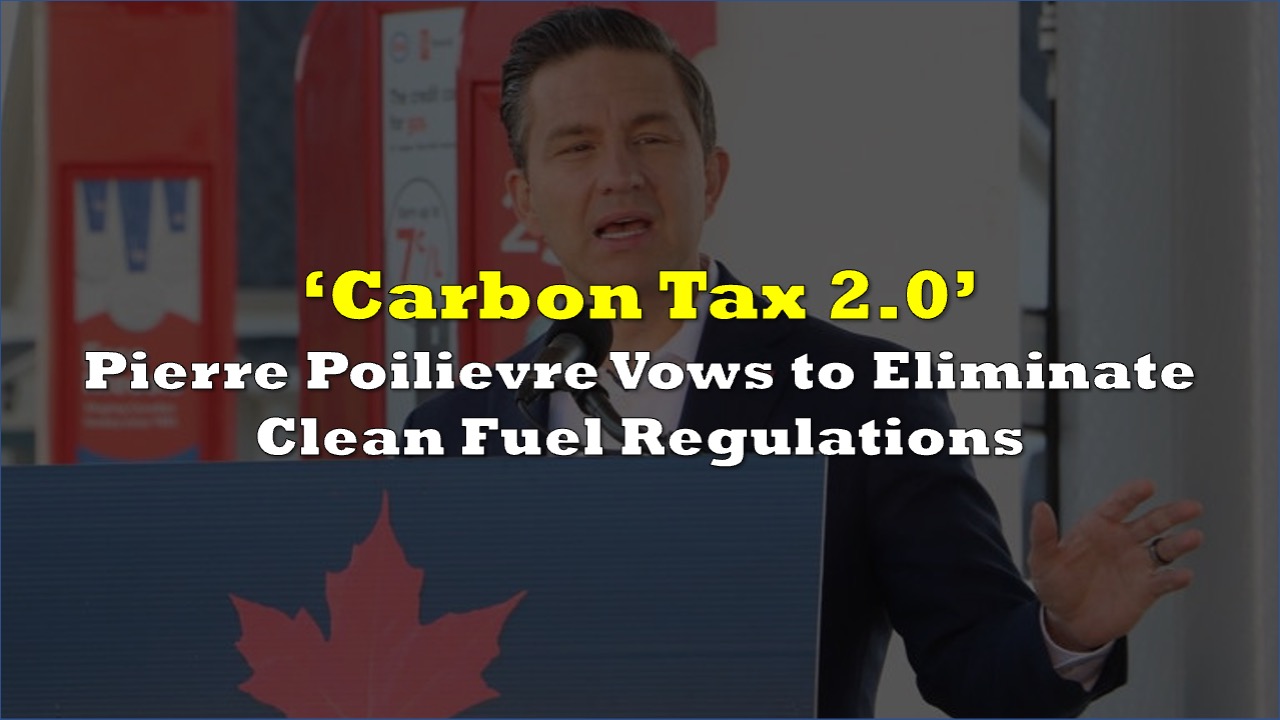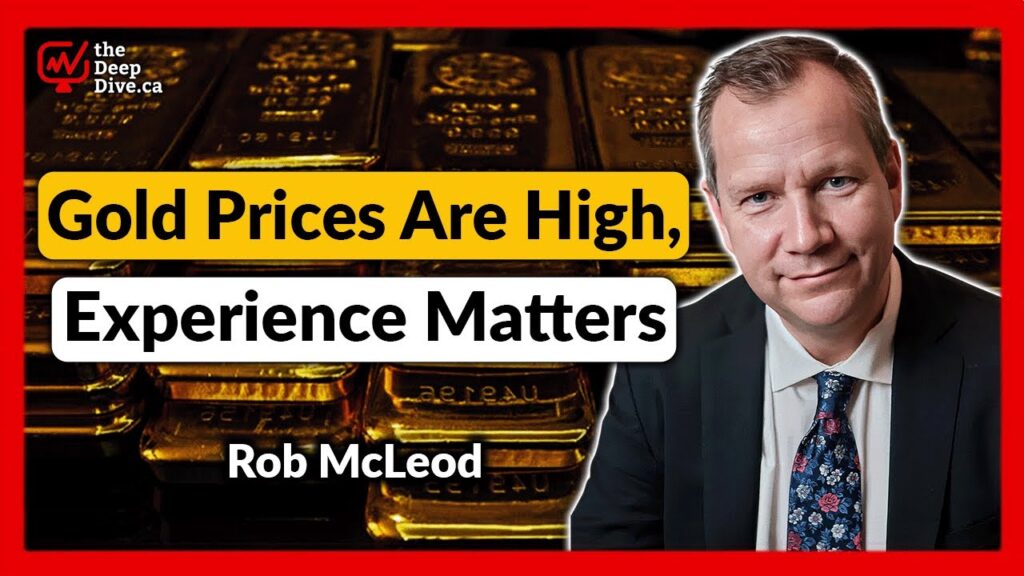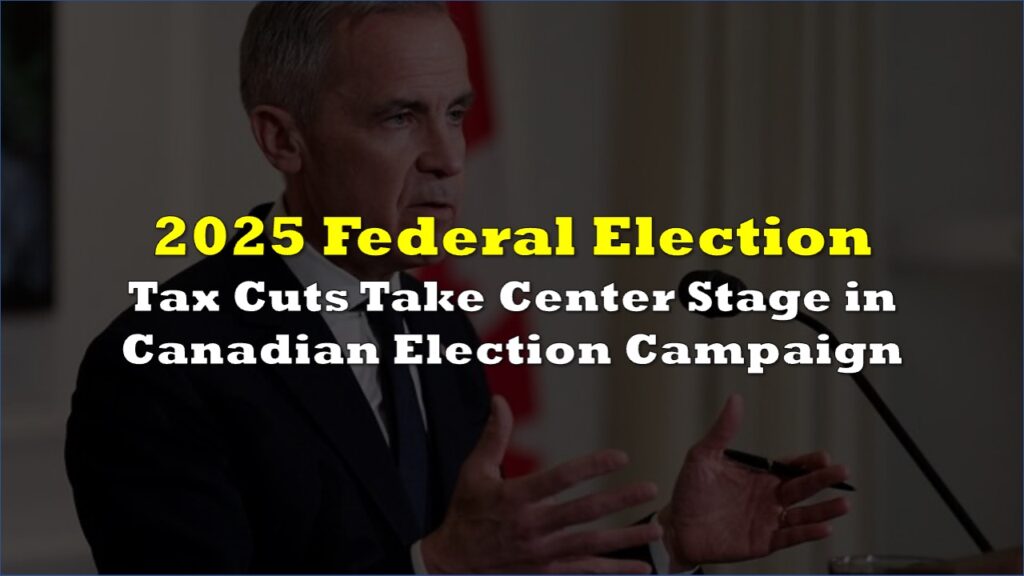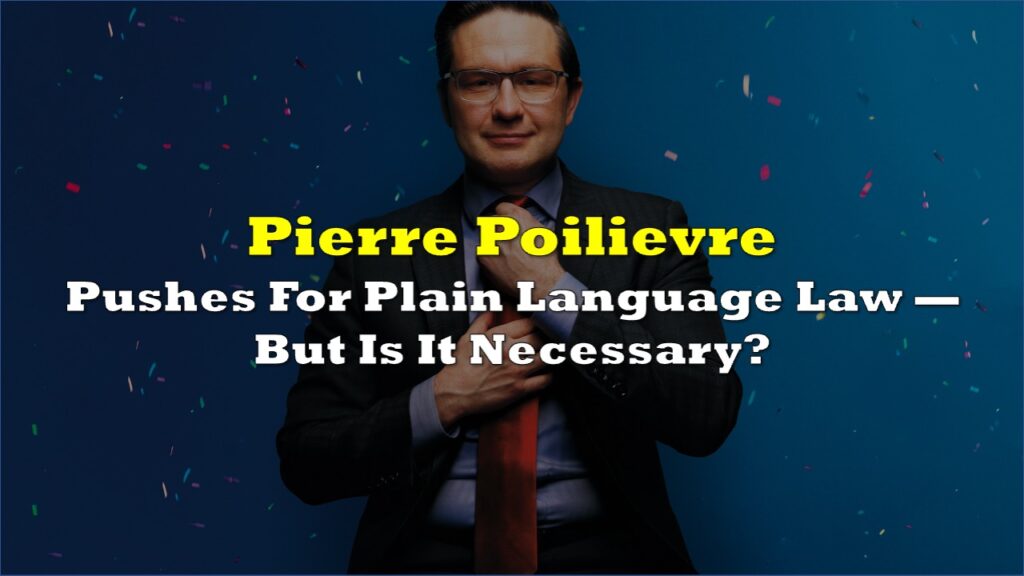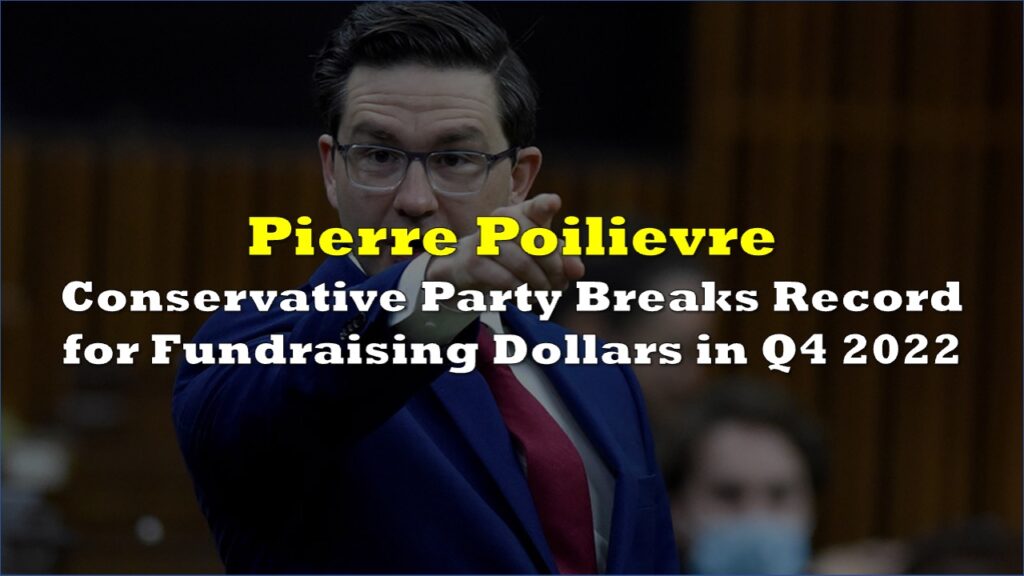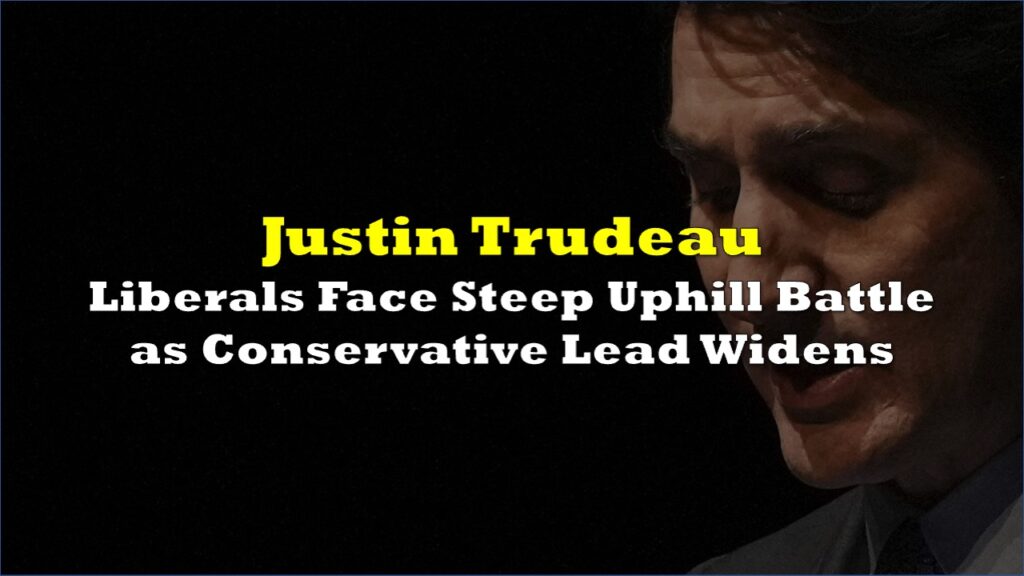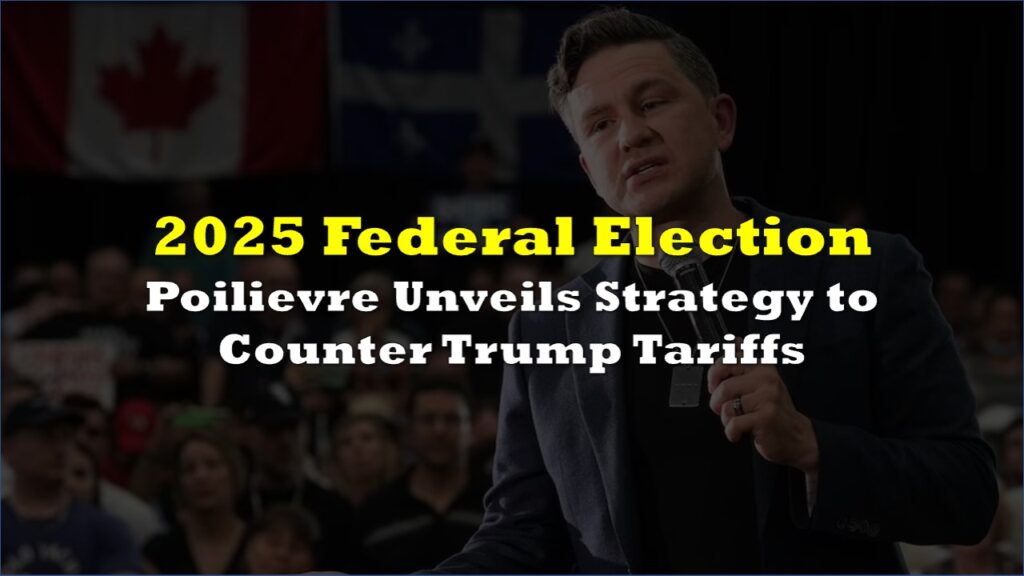Conservative Leader Pierre Poilievre is intensifying his campaign against Canada’s Clean Fuel Regulations, branding them “carbon tax 2.0” as he prepares to make their elimination a key priority when Parliament resumes in September.
Speaking outside a gas station in Charlottetown on Wednesday, Poilievre said the regulations are already adding cents to fuel prices across the country and promised to push Prime Minister Mark Carney’s government to scrap them entirely.
LIVE: Axe Carbon Tax 2.0 https://t.co/rygE4ZQtLT
— Pierre Poilievre (@PierrePoilievre) August 27, 2025
“We want to axe all carbon taxes for good, for real, for everyone, forever,” Poilievre said. “We want to increase your purchasing power because we know it’s not just gas and diesel, everything that comes in a truck will be more expensive when you tax fuel.”
The regulations, which took effect in July 2023, require fuel suppliers to gradually reduce the carbon intensity of gasoline and diesel sold in Canada. The Parliamentary Budget Office estimates they could increase gasoline prices by up to 17 cents per litre by 2030, based on federal government data.
Poilievre claimed victory in forcing Carney to eliminate the consumer carbon tax in March, calling it validation of his “axe the tax” campaign. He now hopes to replicate that success with the fuel regulations.
“I did take some satisfaction in winning the debate on the carbon tax,” Poilievre said. “I led the great Conservative team in an ‘axe the tax’ campaign that everyone dismissed and then had to reverse themselves.”
The PBO analysis found the regulations would have a disproportionate impact on lower-income households, costing them 0.62% of disposable income compared to 0.35% for higher-income families. The report also projected a potential 0.3% decrease in real GDP by 2030, equivalent to $9 billion.
Environment and Climate Change Canada has defended the regulations as essential for reducing transportation sector emissions, which account for 22% of Canada’s greenhouse gas output. The department estimates the rules will deliver up to 26 million tonnes of emissions reductions by 2030.
Poilievre argued that refineries will simply pass costs to consumers regardless of the policy’s environmental goals.
“Bottom line is that the big companies don’t really care all that much because they know the consumer will end up paying the price,” he said.
Oil and gas companies have intensified lobbying efforts against multiple Trudeau-era climate policies, including the fuel regulations. Carney’s government has indicated it will update Canada’s climate plan by year’s end, though details remain unclear.
Information for this story was found via the sources and companies mentioned. The author has no securities or affiliations related to the organizations discussed. Not a recommendation to buy or sell. Always do additional research and consult a professional before purchasing a security. The author holds no licenses.

